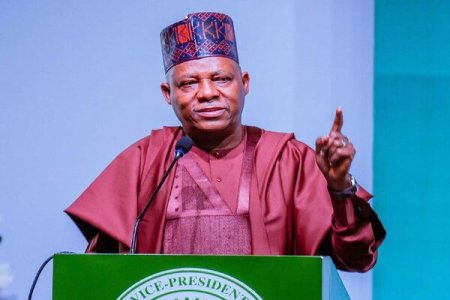
The Federal Government has scrapped Junior and Senior Secondary Schools, replacing them with a 12-year uninterrupted basic education model. The reform aims to reduce dropout rates, align with global standards, and set 16 as the minimum university entry age. Public reactions are mixed, with skepticism over implementation and funding.
The Federal Government has announced a major reform in Nigeria’s education system, scrapping the Junior Secondary School (JSS) and Senior Secondary School (SSS) structure and replacing it with a 12-year uninterrupted basic education model. Under the new policy, students will undergo a continuous learning process from primary education up to the age of 16 before proceeding to tertiary institutions.
Announcing the decision at the National Council on Education meeting in Abuja, Minister of Education Dr. Tunji Alausa stated that the reform aims to enhance educational continuity, reduce dropout rates, and align Nigeria’s education system with global standards. The government has also proposed setting 16 years as the minimum age for university entry.
Public reactions to the announcement have been mixed. While some Nigerians see the reform as a step toward modernization, many others are skeptical about its implementation. Critics on social media question the government's ability to fund and manage the new system effectively. One user noted, “Another policy shift without addressing core education problems like poor infrastructure and unqualified teachers.”
Others highlighted concerns about political hypocrisy, pointing out that many government officials' children study abroad. A commenter wrote, “Let’s not pretend—will their own kids follow this new system?”
Supporters of the reform argue that the 12-year model is common in developed countries and could provide students with stronger academic foundations. However, widespread doubts remain about whether the policy will bring real improvements or just be another unfulfilled government promise.




